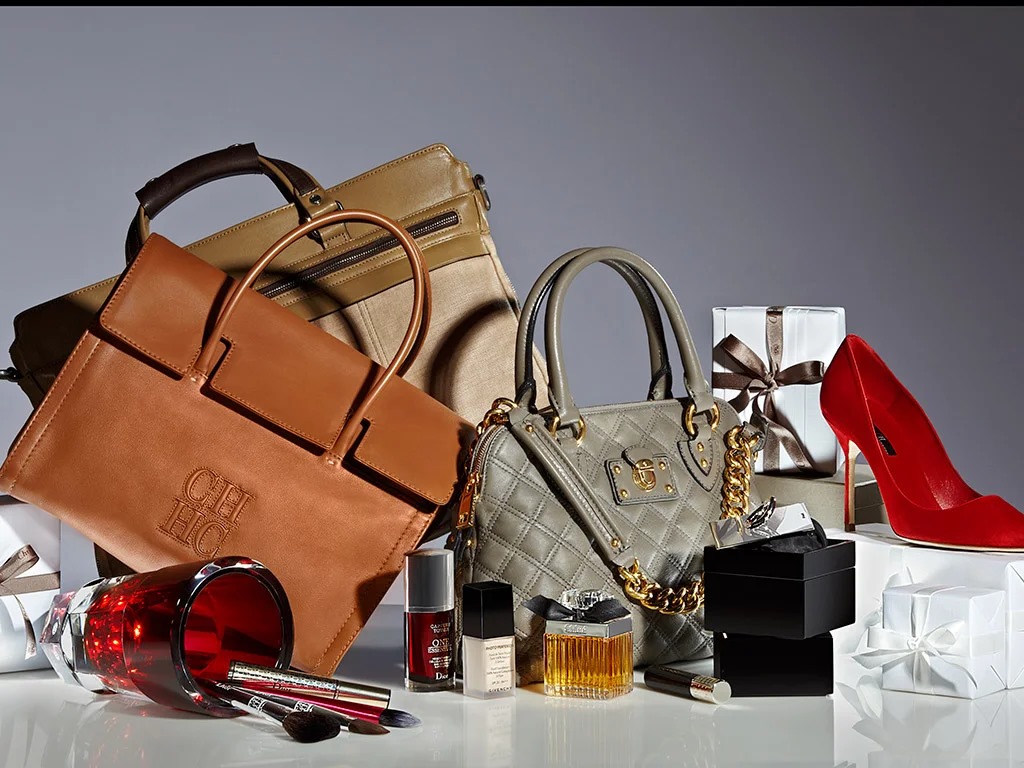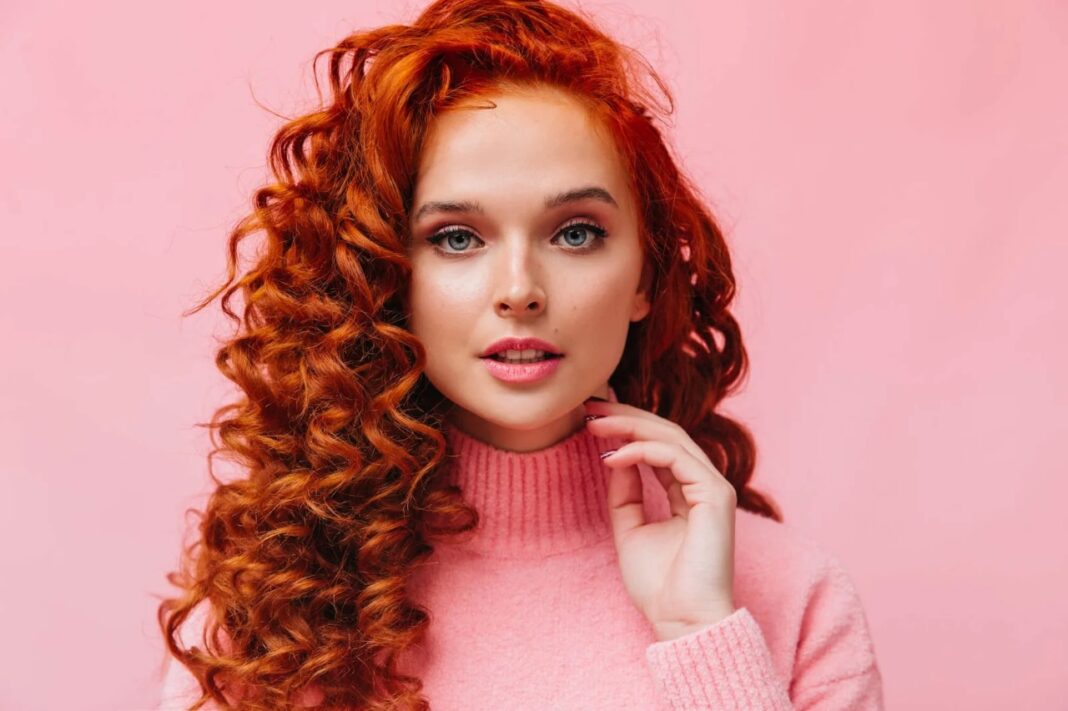Luxury Fashion Bra The Evolving Definition of Luxury
ends in 2024 A Look Ahead with Buzz Crave
As we step into 2024, the landscape of luxury fashion continues to evolve, influenced by sustainability, technology, and shifting consumer preferences. This article explores the key trends and innovative designs that define luxury fashion brands this year, highlighting insights from Buzz Crave, a leading source in fashion trends and analysis.
Luxury has long been associated with exclusivity and opulence. However, in 2024, the definition of luxury is expanding. Today’s consumers seek brands that not only offer high-quality products but also align with their values, such as sustainability, ethical production, and social responsibility. This shift has prompted luxury fashion brands to rethink their strategies and adopt more transparent practices.
Sustainability Takes Center Stage
One of the most significant trends in luxury fashion in 2024 is the commitment to sustainability. High-end brands are increasingly incorporating eco-friendly materials, reducing waste, and ensuring ethical labor practices. BizzCrave notes rand are now investing in circular fashion, promoting the idea of recycling and upcycling to extend the life of their products.
Notable Sustainable Brands
Stella McCartney
A pioneer in sustainable luxury, McCartney continues to innovate with materials like recycled polyester and organic cotton.
Gucci
The brand has embraced sustainability with initiatives such as the Gucci Equilibrium program, focusing on reducing its environmental impact.
Prada
Known for its luxury leather goods, Prada is now exploring alternative materials, including regenerated nylon.
The Digital Revolution in Luxury Fashion

In 2024, the digital landscape is reshaping how luxury brands interact with consumers. Online shopping and social media have become essential components of brand strategy. BazzCrave highlights how luxury brands are leveraging technology to enhance customer experiences.
Virtual Try-Ons and Augmented Reality
Virtual try-on technology is becoming a staple for luxury fashion retailers. This allows customers to see how products look on them without physically trying them on. Brands like Balenciaga and Louis Vuitton are investing in augmented reality (AR) to create immersive shopping experiences that appeal to tech-savvy consumers.
Social Media Influences
Social media platforms are pivotal in shaping trends. Luxury brands are collaborating with influencers to reach wider audiences and engage with younger consumers. The rise of platforms like TikTok has introduced a new way for brands to showcase their collections, making fashion more accessible and dynamic.
Personalization: A Key Trend
Consumers today crave personalized experiences. Luxury fashion brands are responding by offering customization options that allow customers to create unique pieces. BizzCrave points out that this trend enhances customer loyalty and creates a deeper connection between brands and consumer
Examples of Personalization
Burberry
Known for its iconic trench coats, Burberry offers monogramming options, allowing customers to add a personal touch to their purchases.
Louis Vuitton
The brand’s personalization service enables customers to customize their bags with initials and unique designs.
The Rise of Genderless Fashion
In 2024, genderless fashion is gaining traction within the luxury sector. Brands are breaking traditional gender norms and offering collections that appeal to a broader audience. This trend reflects a societal shift toward inclusivity and self-expression.
Leading the Charge
Rick Owens
Known for his avant-garde designs, Owens has long championed gender-neutral fashion, creating pieces that challenge conventional styles.
JW Anderson
The brand’s collections blur the lines between masculine and feminine, appealing to a diverse range of consumers.
Innovative Collaborations
Collaborations between luxury fashion brand and artists or other industries are becoming increasingly popular. These partnerships create buzz and attract new audiences, driving sales and brand awareness. BuzzCrave highlights some standout collaborations in 2024.
Examples of Collaborations
Prada x Adidas
This partnership combines high fashion with streetwear, offering a unique blend that appeals to both luxury consumers and sneaker enthusiasts.
Dior x Travis Brands Celebrating Heritage
The collaboration with the rapper brought a fresh perspective to the Dior brand, attracting a younger demographic.
The Importance of Heritage and Craftsmanship
While innovation is essential, many luxury fashion brands in 2024 continue to emphasize their heritage and craftsmanship. Consumers appreciate the story behind a brand and the artisanship involved in creating luxury items.
Hermès
Known for its meticulous craftsmanship, Hermès continues to showcase its rich history, with artisans dedicated to perfecting their craft.
Chanel
The brand’s timeless designs and commitment to quality have solidified its status as a luxury powerhouse.
The Impact of Global Events
In 2024, global events and cultural shifts are influencing luxury fashion trends. From economic fluctuations to social movements, brands must remain agile and responsive to the changing landscape.
Adapting to Change
Luxury fashion brands are learning to adapt to new consumer behaviors resulting from global events. The COVID-19 pandemic reshaped shopping habits, and many brands are now prioritizing online sales while maintaining a strong presence in brick-and-mortar stores.
Conclusion: The Future of Luxury Fashion
As we move forward in 2024, the luxury fashion industry is poised for transformation. With sustainability, technology, personalization, and inclusivity at the forefront, luxury fashion brands are redefining what it means to be “luxury.” Insights from BazzCrave illuminate the trends shaping this dynamic landscape, highlighting a future where elegance and responsibility go hand in hand.
As consumers continue to demand more from luxury brands, the industry will evolve to meet these expectations, creating a more sustainable, innovative, and inclusive fashion ecosystem.
Luxury Fashion Brands in 2024: A Look Ahead with BuzzCrave
As we step into 2024, the landscape of luxury fashion continues to evolve, influenced by sustainability, technology, and shifting consumer preferences. This article explores the key trends and innovative designs that define luxury fashion brands this year, highlighting insights from BuzzCrave, a leading source in fashion trends and analysis.
The Evolving Definition of Luxury
Luxury has long been associated with exclusivity and opulence. However, in 2024, the definition of luxury is expanding. Today’s consumers seek brands that not only offer high-quality products but also align with their values, such as sustainability, ethical production, and social responsibility. This shift has prompted luxury fashion brands to rethink their strategies and adopt more transparent practices.
Sustainability Takes Center Stage
One of the most significant trends in luxury fashion in 2024 is the commitment to sustainability. High-end brands are increasingly incorporating eco-friendly materials, reducing waste, and ensuring ethical labor practices. BazzCrave notes that many luxury fashion brands are now investing in circular fashion, promoting the idea of recycling and upcycling to extend the life of their products.
Notable Sustainable Brands
Stella McCartney
A pioneer in sustainable luxury, McCartney continues to innovate with materials like recycled polyester and organic cotton.
Gucci
The brand has embraced sustainability with initiatives such as the Gucci Equilibrium program, focusing on reducing its environmental impact.
Prada
Known for its luxury leather goods, Prada is now exploring alternative materials, including regenerated nylon.
The Digital Revolution in Luxury Fashion
In 2024, the digital landscape is reshaping how luxury brands interact with consumers. Online shopping and social media have become essential components of brand strategy. BuzzCrave highlights how luxury brands are leveraging technology to enhance customer experiences.
Virtual Try-Ons and Augmented Reality
Virtual try-on technology is becoming a staple for luxury fashion retailers. This allows customers to see how products look on them without physically trying them on. Brands like Balenciaga and Louis Vuitton are investing in augmented reality (AR) to create immersive shopping experiences that appeal to tech-savvy consumers.
Social Media Influences
Social media platforms are pivotal in shaping trends. Luxury brands are collaborating with influencers to reach wider audiences and engage with younger consumers. The rise of platforms like TikTok has introduced a new way for brands to showcase their collections, making fashion more accessible and dynamic.
Personalization: A Key Trend
Consumers today crave personalized experiences. Luxury fashion brands are responding by offering customization options that allow customers to create unique pieces. BuzzCrave points out that this trend enhances customer loyalty and creates a deeper connection between brands and consumers.
Examples of Personalization
Burberry
Known for its iconic trench coats, Burberry offers monogramming options, allowing customers to add a personal touch to their purchases.
Louis Vuitton
The brand’s personalization service enables customers to customize their bags with initials and unique designs.
The Rise of Genderless Fashion
In 2024, genderless fashion is gaining traction within the luxury sector. Brands are breaking traditional gender norms and offering collections that appeal to a broader audience. This trend reflects a societal shift toward inclusivity and self-expression.
Leading the Charge
Rick Owens
Known for his avant-garde designs, Owens has long championed gender-neutral fashion, creating pieces that challenge conventional styles.
JW Anderson
The brand’s collections blur the lines between masculine and feminine, appealing to a diverse range of consumers.
Innovative Collaborations
Collaborations between luxury fashion brands and artists or other industries are becoming increasingly popular. These partnerships create buzz and attract new audiences, driving sales and brand awareness. BuzzCrave highlights some standout collaborations in 2024.
Examples of Collaborations
Prada x Adidas
This partnership combines high fashion with streetwear, offering a unique blend that appeals to both luxury consumers and sneaker enthusiasts.
Dior x Travis Scott
The collaboration with the rapper brought a fresh perspective to the Dior brand, attracting a younger demographic.
The Importance of Heritage and Craftsmanship
While innovation is essential, many luxury fashion brands in 2024 continue to emphasize their heritage and craftsmanship. Consumers appreciate the story behind a brand and the artisanship involved in creating luxury items.
Brands Celebrating Heritage
Hermès
Known for its meticulous craftsmanship, Hermès continues to showcase its rich history, with artisans dedicated to perfecting their craft.
Chanel
The brand’s timeless designs and commitment to quality have solidified its status as a luxury powerhouse.
The Impact of Global Events
In 2024, global events and cultural shifts are influencing luxury fashion trends. From economic fluctuations to social movements, brands must remain agile and responsive to the changing landscape.
Adapting to Change
Luxury fashion brands are learning to adapt to new consumer behaviors resulting from global events. The COVID-19 pandemic reshaped shopping habits, and many brands are now prioritizing online sales while maintaining a strong presence in brick-and-mortar stores.
Conclusion
As we move forward in 2024, the luxury fashion industry is poised for transformation. With sustainability, technology, personalization, and inclusivity at the forefront, luxury fashion brands are redefining what it means to be “luxury.” Insights from Bizz
Crave illuminate the trends shaping this dynamic landscape, highlighting a future where elegance and responsibility go hand in hand.
As consumers continue to demand more from luxury brands, the industry will evolve to meet these expectations, creating a more sustainable, innovative, and inclusive fashion ecosystem.


